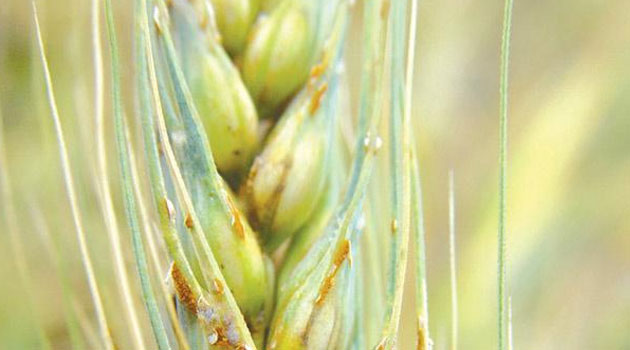
The academy located at the World Agroforestry Centre in Gigiri plans to sequence, assemble and annotate the genomes of 100 traditional African food crops to guide development of vegetables, fruits and other agricultural products that are more robust and nutritious/FILE
The academy located at the World Agroforestry Centre in Gigiri plans to sequence, assemble and annotate the genomes of 100 traditional African food crops to guide development of vegetables, fruits and other agricultural products that are more robust and nutritious.
The project is intended to help eliminate hunger and malnutrition, which frequently causes physical stunting and incomplete neurological development among children in rural Africa.
It is designed to improve the livelihood and health of Africa’s 600 million smallholder farmers and their families.
Over five years, the academy will train 250 plant breeders and technicians in genomics and market-assisted selection.
The work will drive production of improved crops, which will then be shared with smallholder farmers throughout the continent.
It will also provide scientists and technicians with a dedicated place to apply genomic tools to facilitate development of food crops that have higher nutritional value and can better withstand climate changes, pests and disease.
Among the crops under review at the academy include the baobab tree, which can be used to make a dried fruit powder for consumer products and has 10 times the antioxidant level of oranges and four times more potassium than a banana.
It also has antiviral properties and is gluten free.
By sharing knowledge of the genome sequences of baobab and other African crops, scientists and technicians working at the academy will inform plant breeders and farmers of species varieties that are more nutritious, hardier and more productive.
The data derived from this collaborative effort will be made publicly available, with the endorsement of the African Union, through a process managed by the Public Intellectual Property Resource for Agriculture.